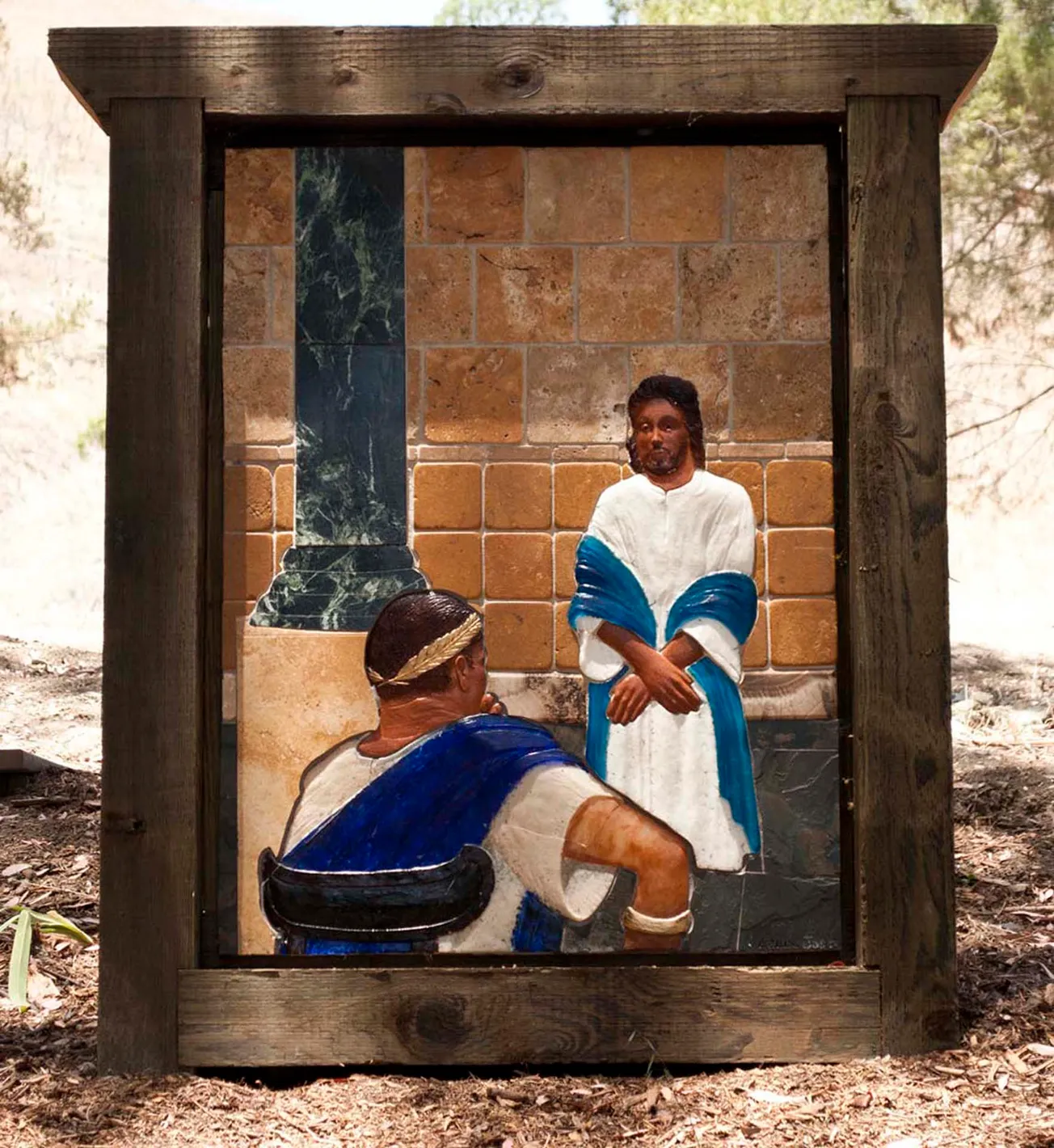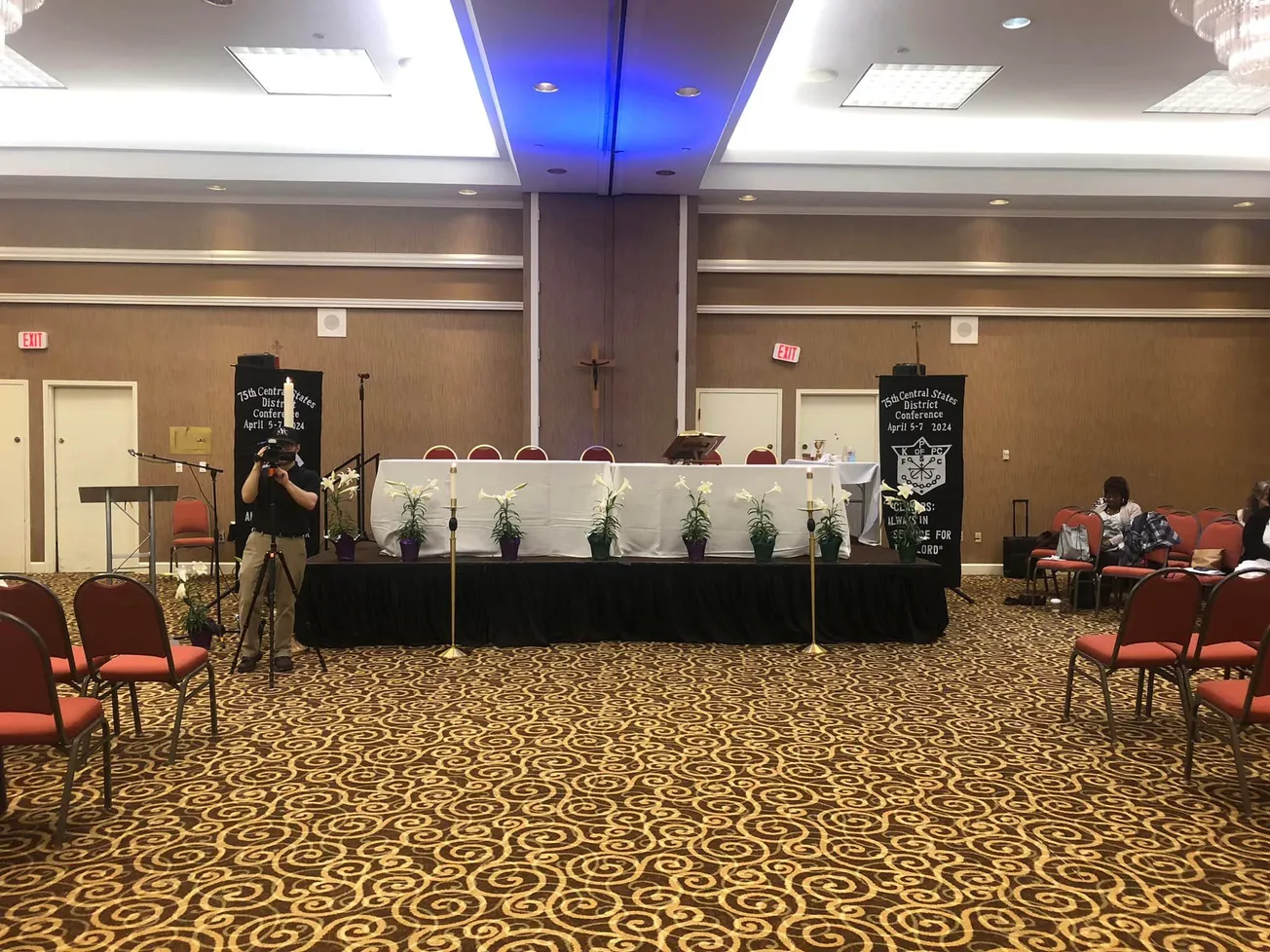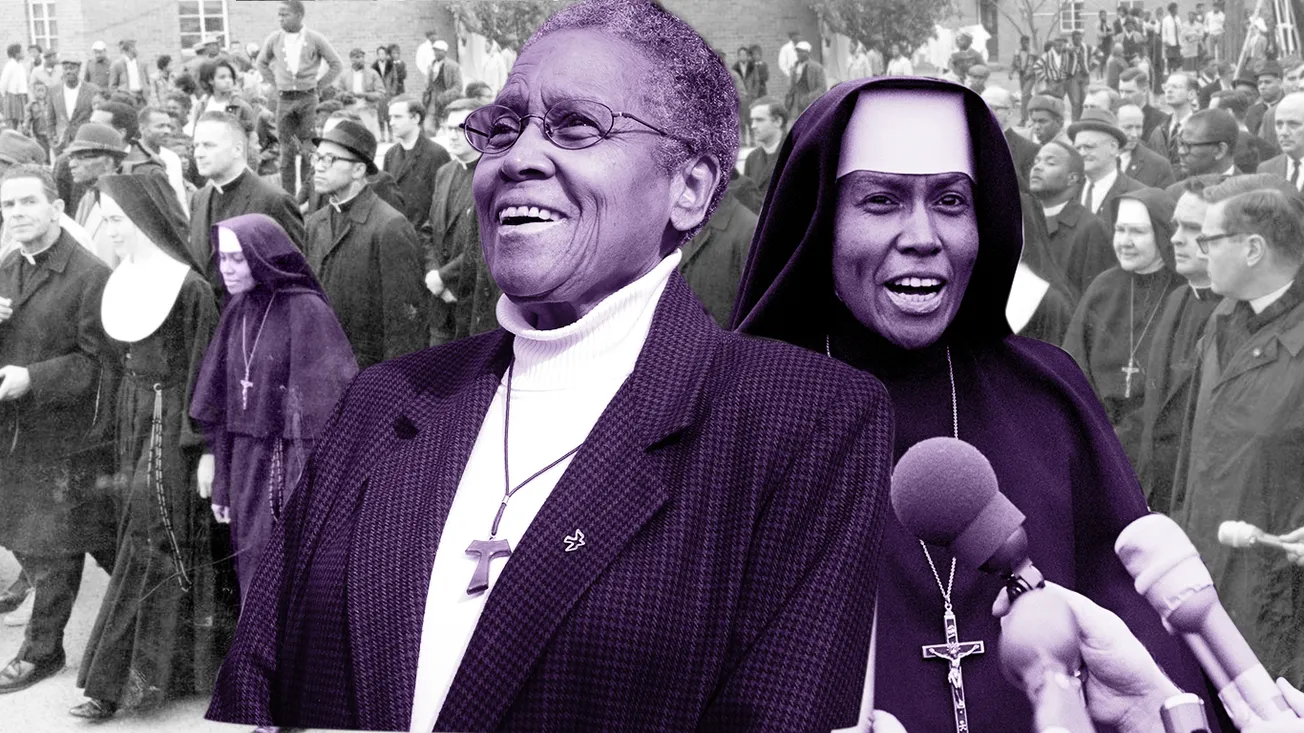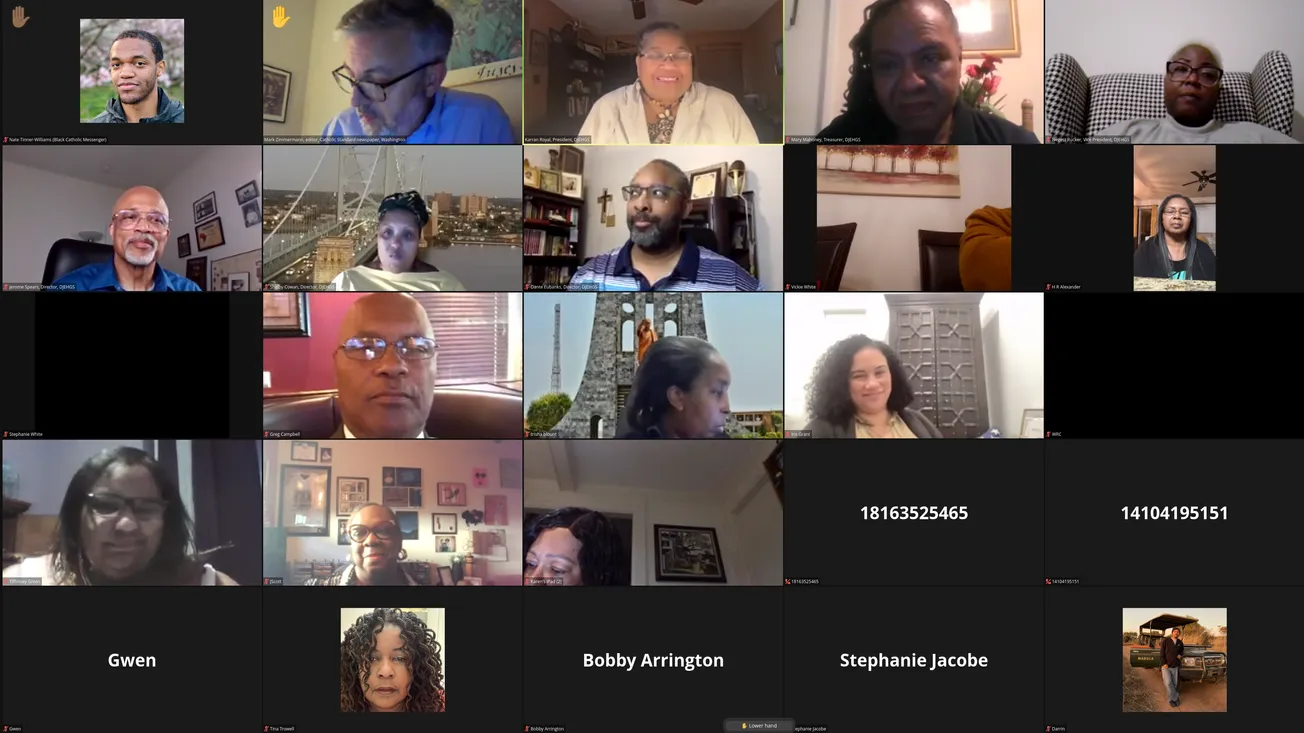“Everyone needs to prepare their three minutes of power?” rang out my group leader’s voice.
“What’s that?” asked the missionary trainee beside me.
“It is your personal three-minute testimony.”
“Three minutes,” I pondered. “How can I convey my life’s testimony in such a short span?”
“This shouldn’t be very hard to do,” my leader continued. “Allocate one minute to share a struggle you went through, the second minute on how God intervened, and the last minute on how it transformed your life.”
“How can I share that in three minutes?!” I skeptically said as I recalled some pivotal moments in my life. I soon realized, in preparing my three minutes of power, that I couldn’t perfectly put a bow around my life’s testimony, but I could still effectively evangelize. It allowed me to look deeper into my conviction about Christ and position it for an individual to grasp in bite-size pieces.
Evangelizing is a lost art today, not solely because of the lack of effort but more keenly because we fail to articulate the love we have for Christ in our words and actions. The current spiritual atmosphere in today’s world poses significant challenges. In order to reinvigorate our zeal for evangelization, I think it is important for us to reflect on Christ’s conversation with Pontius Pilate as he neared his crucifixion.
Pilate, like many non-believers today, heard a lot about Jesus. However, until that moment, he had never experienced a personal encounter with him. The problem is that such people hear many lies about who Jesus is. A notable aspect of the Gospel story is that Jesus met the Roman governor where he was. Pilate had initially approached the Jewish leaders outside of his palace, as they avoided entering because of the risk of ritual impurity. However, after hearing their plea to condemn Jesus, Pilate returned inside and summoned Jesus. Although he was forced to appear before Pilate, Jesus ministered to him willingly as he does to all sinners—that is to say, all humankind. This is how he enters our lives to offer salvation.
Pilate, with his overbearing ego, demanded that Jesus reveal his true identity. In response, he candidly gave his testimony, showcasing the most impactful and powerful minutes of power ever seen or heard.
Jesus answered, “My Kingdom is not an earthly kingdom. If it were, my followers would fight to keep me from being handed over to the Jewish leaders. But my Kingdom is not of this world.”
Pilate said, “So you are a king?”
Jesus responded, “You say I am a king. Actually, I was born and came into the world to testify to the truth. All who love the truth recognize that what I say is true.”
“What is truth?” Pilate asked. Then he went out again to the people and told them, “He is not guilty of any crime. But you have a custom of asking me to release one prisoner each year at Passover. Would you like me to release this ‘King of the Jews’?”
But they shouted back, “No! Not this man. We want Barabbas!”
(John 18:36-40)
We can become discouraged when our testimony falls on deaf ears or truth is spurned as ridiculous. Jesus’ example of standing tall and not saying too little or too much is a perfect model. Pilate was apparently indifferent about Jesus. He felt Jesus was innocent but could not pinpoint the truth of which Jesus spoke. Pilate was also afraid of the consequences of proclaiming Jesus innocent. People today also want to be indifferent towards Jesus; many don’t want the truth to radically transform their lives. They are afraid of what others think. As evangelists, we need to humbly accept that our personal testimony won’t sway everyone’s belief. But as believers, we are called to share it unwaveringly. We must share it and continue on our way to Golgotha.
This brings to mind the words of St. Francis of Assisi:
“O Divine Master, grant that I may not so much seek to be understood, as to understand.”
Just as Jesus, standing before Pilate, exemplified understanding rather than seeking to be understood, we must grasp that the essence of evangelization lies not in making others comprehend but in empathetically comprehending them. This is an effective way to win people over to truth.
Let’s take a moment today to reflect on our personal testimony. Why were we born into this world? Crafting my three minutes of power, I struggled to find an experience that I deemed impactful enough. Eventually, though, I realized we don’t necessarily need a grand vision or a celestial voice. The peaceful moments—waves crashing on the beach, a beautiful sunset, or a room echoing with laughs at a family function—can be as powerful as Christ saving us from addiction or a car crash.
Confidence is key in effectively proclaiming our testimony to others. When we speak from a place of conviction, our message carries more weight. However, confidence is not just about projecting certainty; it is also about understanding the deeper motivations behind our beliefs. By delving into the “why” behind our testimony and reflecting on the pivotal moments that shaped our faith journey (the “when”), we gain a deeper understanding of ourselves and our relationship with God.
This introspection not only strengthens our faith but also enables us to articulate our beliefs more clearly and persuasively to others. Remember: your testimony has a ripple effect. Pilate made the wrong choice on Good Friday, but Jesus’ powerful message to him—likely just a few minutes—has brought truth to millions of others.
Joseph Peach is a Catholic author, freelance writer, and speaker. He works for Catholic Charities in the Diocese of Cleveland and has published six books.









